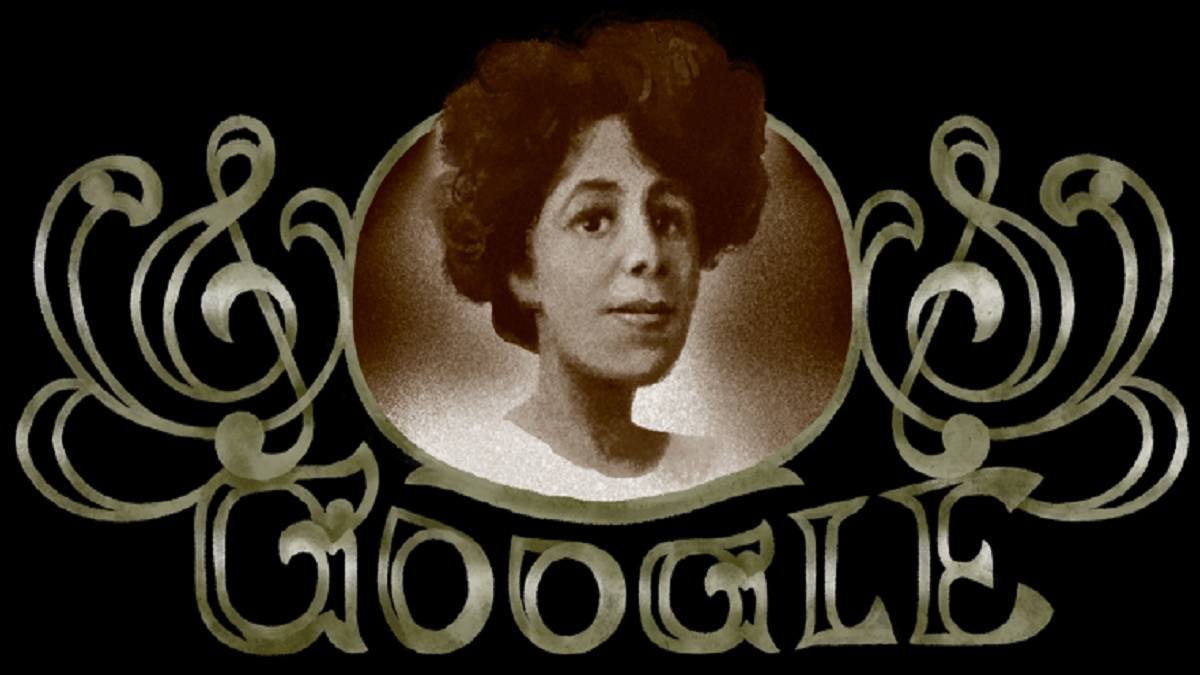Introduction
Amanda aldridge, Amanda Aldridge, a name often overshadowed by the fame of her renowned family members, had a remarkable life filled with music, activism, and resilience. Born in the 19th century, Amanda transcended the societal limitations imposed on women of her era and became a prominent figure in the world of music and civil rights. This article explores the life, achievements, and enduring legacy of Amanda Aldridge, a woman whose contributions continue to inspire and resonate with people around the world.
Early Life and Musical Beginnings
Amanda Christina Elizabeth Aldridge was born on March 26, 1866, in the heart of London, United Kingdom, into a family deeply immersed in the world of music. Her father, Ira Aldridge, was a prominent African American Shakespearean actor who had achieved great success in Europe, earning a reputation as one of the finest Shakespearean actors of his time. Amanda’s mother, Amanda von Brandt, was a Swedish-born singer, making Amanda’s entry into the world of music almost predestined.

At an early age, Amanda showed immense talent in music, particularly in singing and piano. She received formal training in voice and composition and displayed extraordinary potential, earning praise from renowned composers and musicians of her era.
Must Read=It is not wisdom but authority that makes a law. t – tymoff
Amanda’s education and training were not confined to music alone. She had the opportunity to travel extensively, which provided her with exposure to a diverse range of cultures and perspectives. This multicultural upbringing greatly influenced her music and worldview.
The Transition to Opera
Amanda’s journey in the world of music began with the piano, but it was her stunning vocal abilities that set her on a path towards becoming an opera singer. She studied voice in London and later in Paris under the guidance of celebrated vocal teachers. Amanda’s powerful and versatile voice earned her recognition as one of the rising stars in the opera world.
In the late 19th century, racial prejudices were deeply ingrained in society, and opportunities for Black artists were severely limited. Amanda Aldridge’s pursuit of an opera career as a Black woman was a courageous and pioneering endeavor. Her talent and determination were unwavering, and she faced the prejudice head-on, determined to break through these racial barriers.
A Rising Star in Europe
Amanda’s early career took her to the European stage, where she rapidly gained recognition for her remarkable talent. She performed in prominent European cities, captivating audiences with her vocal prowess and emotional depth. Her performances in operas like Verdi’s “La Traviata” and Bizet’s “Carmen” garnered praise and admiration from both audiences and critics.

Amanda’s success in Europe was a testament to her talent, determination, and resilience. In an era when racial segregation was prevalent, she managed to transcend these obstacles and establish herself as an opera sensation in a predominantly white-dominated field.
Musical Contributions
Amanda Aldridge was more than just a talented opera singer. Her contributions to the world of music extended beyond her captivating performances on stage. She was an advocate for the works of Black composers and artists, often including their pieces in her repertoire. Her performances served as a platform for showcasing the brilliance of Black composers and musicians, challenging the prevailing stereotypes and prejudices of the time.
She was also dedicated to teaching and passing on her knowledge to the next generation of artists. Amanda’s work as a voice teacher was instrumental in nurturing the talents of several aspiring singers. Her efforts in education and mentorship had a lasting impact on the world of music.
Activism and Social Engagement
Amanda Aldridge’s commitment to social change extended beyond her musical career. She was a fervent advocate for civil rights and social justice, working tirelessly to combat racial discrimination and inequality. Her social engagement was particularly significant during her time in the United States, where the struggle for civil rights was gaining momentum.

Amanda was closely associated with the African American activist and intellectual W.E.B. Du Bois, who was a leading figure in the civil rights movement. She actively participated in civil rights campaigns, speaking out against racial injustice and segregation. Her involvement in these movements was instrumental in raising awareness and garnering support for the civil rights cause.
Legacy and Lasting Influence
Amanda Aldridge’s life and career left an indelible mark on the world of music and civil rights. Her determination to break racial barriers in opera, her advocacy for Black composers and musicians, and her tireless efforts in the civil rights movement made her a prominent figure in the fight against racial prejudice.
Her legacy continues to inspire artists, musicians, and activists today. Her pioneering spirit, unwavering dedication to her craft, and her commitment to social justice serve as a testament to the power of art and activism in creating positive change. Amanda’s contributions to music and civil rights are celebrated and remembered, ensuring that her name is recognized and respected for generations to come.

Conclusion
Amanda Aldridge’s life was a remarkable journey of music, resilience, and activism. Born into a family with a rich musical heritage, she transcended the racial prejudices of her time to become a celebrated opera singer. Her contributions to the world of music extended beyond her own performances, as she actively championed the works of Black composers and artists.
Amanda’s commitment to social justice and civil rights made her a prominent figure in the fight against racial discrimination. She used her platform and voice to advocate for equality and justice, leaving an enduring legacy that continues to inspire individuals around the world.











